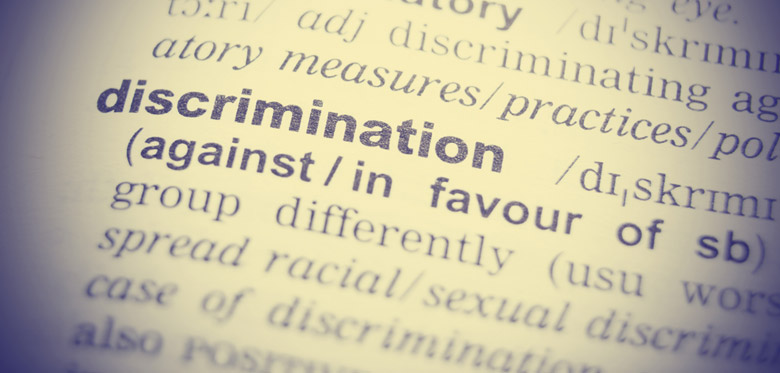In 2013, the lesbian, gay, bi-sexual and transgender community celebrated the passing of The Marriage (same sex couples) Act.
However, Stonewall, an organisation which actively fights for equality in the LGBT community has recently produced a report concluding that the LGBT community still faces difficulties and suffers discrimination, despite the positive steps taken in legislation.
The report suggests a five-year plan to engage further with transgender communities to combat discrimination. The plan reports the following and suggestions as to how this could be implemented:
(i) Development in the workplace
As part of the report, Stonewall conducted a survey which revealed that 32% of transgender people have not seen transgender role models in the workplace. As part of the five-year plan, the organisation has suggested that more training needs to be undertaken by employers and employees to address the issues faced by transgender employees in the workplace and also to provide places for transgender people to use as their space.
(ii) Sports
The report states that 13% of sports fans think that anti-LGBT language is “harmless if it’s just meant as banter”.
Comments such as: “that’s gay” have become widely used nationwide, which can be extremely offensive to the LGBT community. Should you experience any comments such as these either in the workplace or from a service provider, this may constitute a potential act of discrimination.
(iii) Gender neutral titles
Stonewall has suggested that UK passports and other official documentation should be amended to offer the gender neutral option ‘X’ to combat non-binary individuals feeling compelled to choose a specific gender role. Stonewall argues that due to the current regime, transgender people are experiencing discrimination when travelling to different countries or are placed in a position where they have to choose their identity when completing the passport forms or other formal documentation forms.
The International Civil Aviation organisation, which governs the law on passports allows passports to be issued with a gender-neutral option ‘X’. However, the UK have not adopted this policy, despite there being the option to do so.
In light of this, Stonewall have pledged to lobby the government in an attempt to either completely remove gender roles on documentation or allow for a further option which recognises non-binary individuals.
(iv) Equality Act 2010
The Equality Act 2010 is the relevant law under which discrimination claims can be brought in the employment tribunal or the County Court.
However, Stonewall have argued that the language used in the Equality Act 2010 is not appropriate and should be amended. The suggested amendments would provide for a gender neutral status rather than referring to “gender reassignment” as wholly inclusive of all aspects of gender neutrality and would be intended not just to protect transitioning people under the Act. Stonewall confirmed their intentions to lobby to change the wording of the act to protect more people who feel that they have been discriminated against because of a transgender/non-binary protected characteristic under the Equality Act 2010.
However, in May 2016, it is reported that there were three openly transgender people who held elected public office in the UK. Stonewall therefore argue that the UK government is not in a position to adequately assess and change laws in respect of the LGBT community on the basis that there are only three people in office who have experienced gender re-assignment or neutrality.
The law
In order to make a claim for discrimination under the Equality Act 2010, one must be able to show that they have suffered less favourable treatment as a result of their protected characteristic. The Equality Act 2010 lists nine characteristics which are protected by law, one of which is gender reassignment.
Section 7 (1) of the Equality Act defines gender reassignment as:
A person has the protected characteristic of gender reassignment if the person is proposing to undergo, is undergoing or has undergone a process (or part of a process) for the purpose of reassigning the person's sex by changing physiological or other attributes of sex.
There are a number of ways in which a transgender person can be discriminated against, some of which include;
Direct / indirect discrimination
If you have suffered a detriment as a result your gender identity either directly or as a result of the implementation of a policy, criterion or practice, this could be considered to be an act of discrimination.
Discrimination by association
If you have suffered unfavourable treatment as a result of knowing/being associated with someone who is transgender, this may be discrimination by association which is unlawful.
Discrimination by perception
If you have suffered unfavourable treatment as result of someone perceiving that you are transgender, this may be discrimination by perception which is also unlawful.
If you feel that as a result of your transgender status you have suffered a detriment either in the workplace or in your day to day life more generally, please do not hesitate to contact the team on 01616 966 229.



Comments